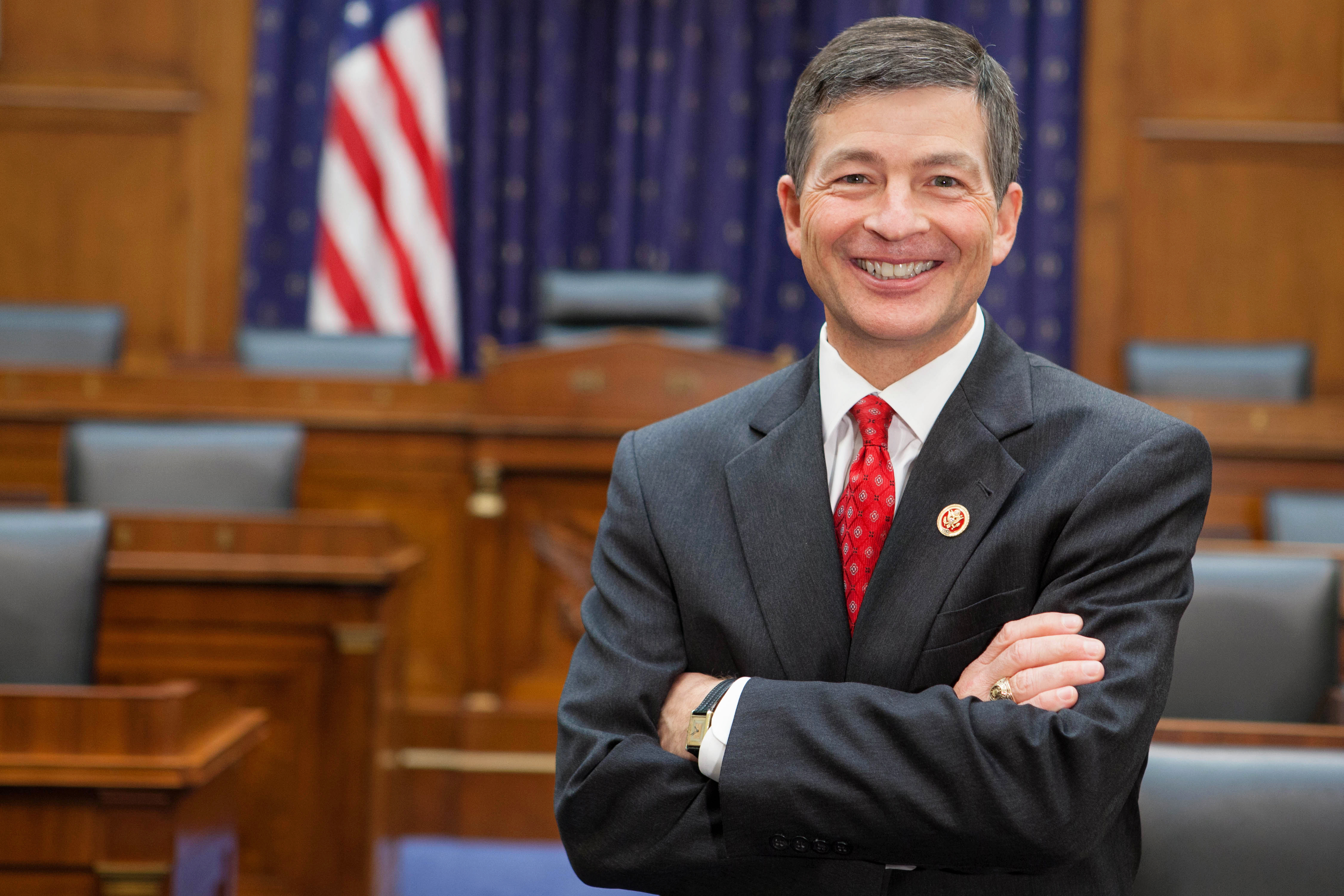House Financial Services Chairman Jeb Hensarling (R-TX) has proposed changes to the Financial Choice Act that would restructure the Consumer Financial Protection Bureau and further roll back Dodd-Frank regulations, according to an internal memo.

The Feb. 6 memo from Hensarling to the members of the House Financial Services Committee highlights several changes to the Financial Choice Act of 2016, which was introduced last year and approved by the committee before stalling in the Senate. Hensarling is expected to reintroduce the legislation during the 115th Congress.
Among the new proposed changes, Hensarling would restructure the CFPB consumer watchdog group as a civil law enforcement agency, similar to the Federal Trade Commission. It would have a sole director, removable by the president at-will. The CFPB would face other restrictions, including rule-making authority limited to enumerated statutes and enforcement powers limited to cease and desist and civil investigative demands and subpoenas.
In an op-ed in The Wall Street Journal this week, Hensarling wrote, “The CFPB is arguably the most powerful, least accountable agency in U.S. history.”
Also, Hensarling proposes to repeal mandatory advisory boards, eliminate the research function of the CFPB, and strengthen existing Dodd-Frank language that the CFPB’s jurisdiction does not include entities regulated by the Securities and Exchange Commission or the Commodity Futures Trading Commission.
The Financial Choice Act of 2016 was introduced to lift some of the excessive regulatory burdens of Dodd-Frank on banks and credit unions, supporters say. They contend that fewer regulatory roadblocks to capital will lead to economic growth.
Hensarling’s updated proposal also would lessen the Comprehensive Capital Analysis and Review (CCAR) stress test requirements. Banks that make capital election will be exempt from stress tests.
Further, the CCAR stress tests for banks would move from a 1-year cycle to a 2-year cycle. It would also eliminate the mid-year company-run Dodd-Frank Act stress test requirement.
In addition, the stress tests will not be used to impose new regulations that have not been subject to a public notice and comment period for banks that do not make the capital election.
Hensarling also seeks to expand the CCAR qualitative relief put forth recently by the Federal Reserve for banks that do not make the capital election. The Federal Reserve’s new rule exempts large and non-complex firms from the qualitative assessment, which evaluates the strength of company’s capital planning processes and capital adequacy. Hensarling says the Federal Reserve cannot use qualitative assessment tests as grounds for prohibiting capital distributions.
Among other proposed changes, the memo says the National Credit Union Administration board would be downsized to three members from five.
Also, the memo proposes to remove non-bank systemically important financial institution (SIFI) references in Orderly Liquidation Authority repeal and remove the Federal Deposit Insurance Corp. from handling living wills.
“The Financial CHOICE Act holds Wall Street accountable with the toughest penalties in history for those who commit fraud,” Hensarling said in written remarks after Democrats held a press conference this week to discuss the Dodd-Frank Act.
“It ends Wall Street bailouts and requires failed firms to get bankruptcy, not bailouts,” Hensarling said. “Instead of Dodd-Frank’s top-down, political regulations that hurt Main Street, the Financial Choice Act offers working families more freedom and opportunity so they can achieve financial independence.”